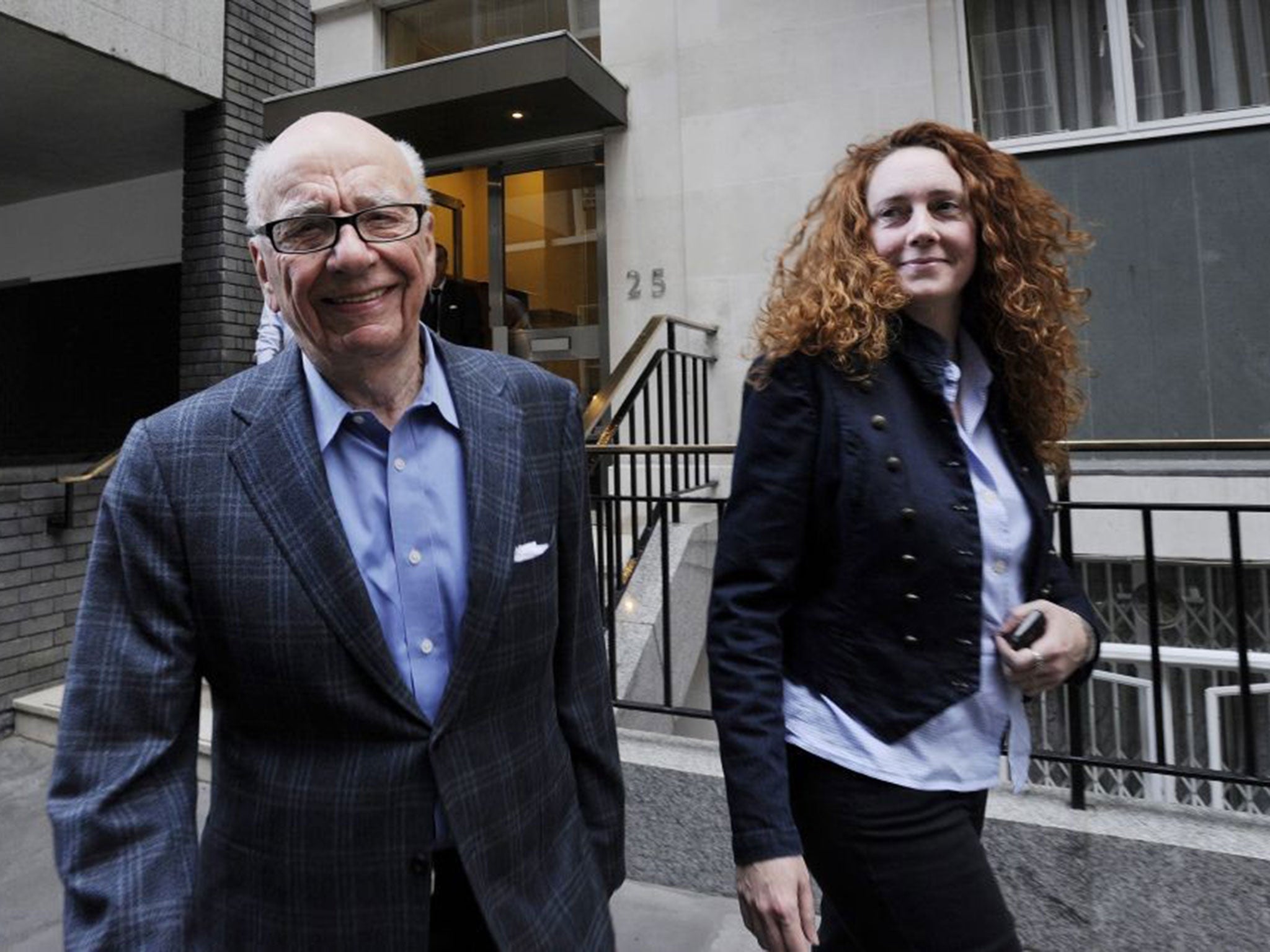The News Machine by James Hanning with Glenn Mulcaire, book review

Your support helps us to tell the story
From reproductive rights to climate change to Big Tech, The Independent is on the ground when the story is developing. Whether it's investigating the financials of Elon Musk's pro-Trump PAC or producing our latest documentary, 'The A Word', which shines a light on the American women fighting for reproductive rights, we know how important it is to parse out the facts from the messaging.
At such a critical moment in US history, we need reporters on the ground. Your donation allows us to keep sending journalists to speak to both sides of the story.
The Independent is trusted by Americans across the entire political spectrum. And unlike many other quality news outlets, we choose not to lock Americans out of our reporting and analysis with paywalls. We believe quality journalism should be available to everyone, paid for by those who can afford it.
Your support makes all the difference.The phone-hacking scandal isn’t really about listening to voicemails. It’s about power: about how big businesses, politicians and police officers and other arms of state who shape our lives tend to look after their own interests – rather than ours.
The warped tale of Rupert Murdoch’s News of the World – how it illegally mined the lives of uppity MPs and union officials, pretty Hollywood actors and shagging footballers – and covered up with the help of a conflicted establishment – reeks more strongly of wickedness with every passing week.
Days after prosecutors laid fresh hacking charges against some of the Sunday tabloid’s alleged ne’er-do-wells come two new books that flesh out the scandal’s narrative: one by Nick Davies, the Guardian journalist who broke the story; the other by James Hanning, deputy editor of the Independent on Sunday, and the private detective who did much of the hacking: Glenn Mulcaire.
For good reason, the latter is subtitled “Hacking, the Untold Story”. From when he started working for the Sunday tabloid in 2001 until now, Mulcaire has stayed tight-lipped, making him the shadowiest character in a sleazy tableau. Hacking or blagging data on thousands of individuals, including victims of terrorist bombings, the former part-time footballer stooped low, but we knew little about him aside from his reputation as a Walter Mitty character. Written in the third person, The News Machine gives us the valuable background. Mulcaire, the son of an Irish dustman in London, stumbled into the world of private investigation after lying about his age on his application form to join the SAS. In the 1990s, he became a tracing agent for John Boyall, a man with “good MI6 contacts” who was nicknamed “Goldfinger”.
When the News of the World fell out with Boyall, Mulcaire was given the nod. During Rebekah Brooks’s editorship, he worked on “serious investigations” but his hacking became frenzied in the subsequent reign of Andy Coulson. By the time he was caught in 2006, Mulcaire was apparently working 15 hours a day, drinking heavily, and suffering anxiety disorders and panic attacks.
Hanning reveals some of his co-author’s tricks of his trade, including his ruse for extracting medical records, and the triangulation of mobile-phone signals, which produced evidence for his paymasters that David Beckham was having an extra-marital affair. The book also reveals that, as well as evading sophisticated security systems, Mulcaire is skilled at justifying his crimes, at least to himself. While conceding that some of his hacking for tittle-tattle may have been wrong, Mulcaire – a Catholic family man with a burning sense of outrage at how he has been portrayed – heaps blame on his handlers. He “took it for granted” that hacking was legal; after all he was working for Murdoch’s global company. “I don’t wince at what I did at all… it is my job to be professional and do the investigation… it’s not my job to decide what is a story… There has to be a chain of command.” He needed the money to feed his family. Yet he was earning £100,000 a year, four times the average wage. And his companies didn’t pay their tax. Mulcaire maintains that 25 per cent of his notes are missing, and that many would prove his claims to be working indirectly for the authorities. A chapter titled “Spooks” says 20 of his files have been held back for “operational reasons” and that the News of the World published no story on almost 100 names on whom he performed searches; many with Arabic-sounding names, some later jailed for terrorism. Mulcaire says: “It wasn’t unusual for MI5 to initiate an exercise on people… there were times when a bad press was needed to move things on. It was known as a black project.”
He believed his bosses were helping police to gather information in return for information for stories. Stranger things have happened…
Join our commenting forum
Join thought-provoking conversations, follow other Independent readers and see their replies
Comments